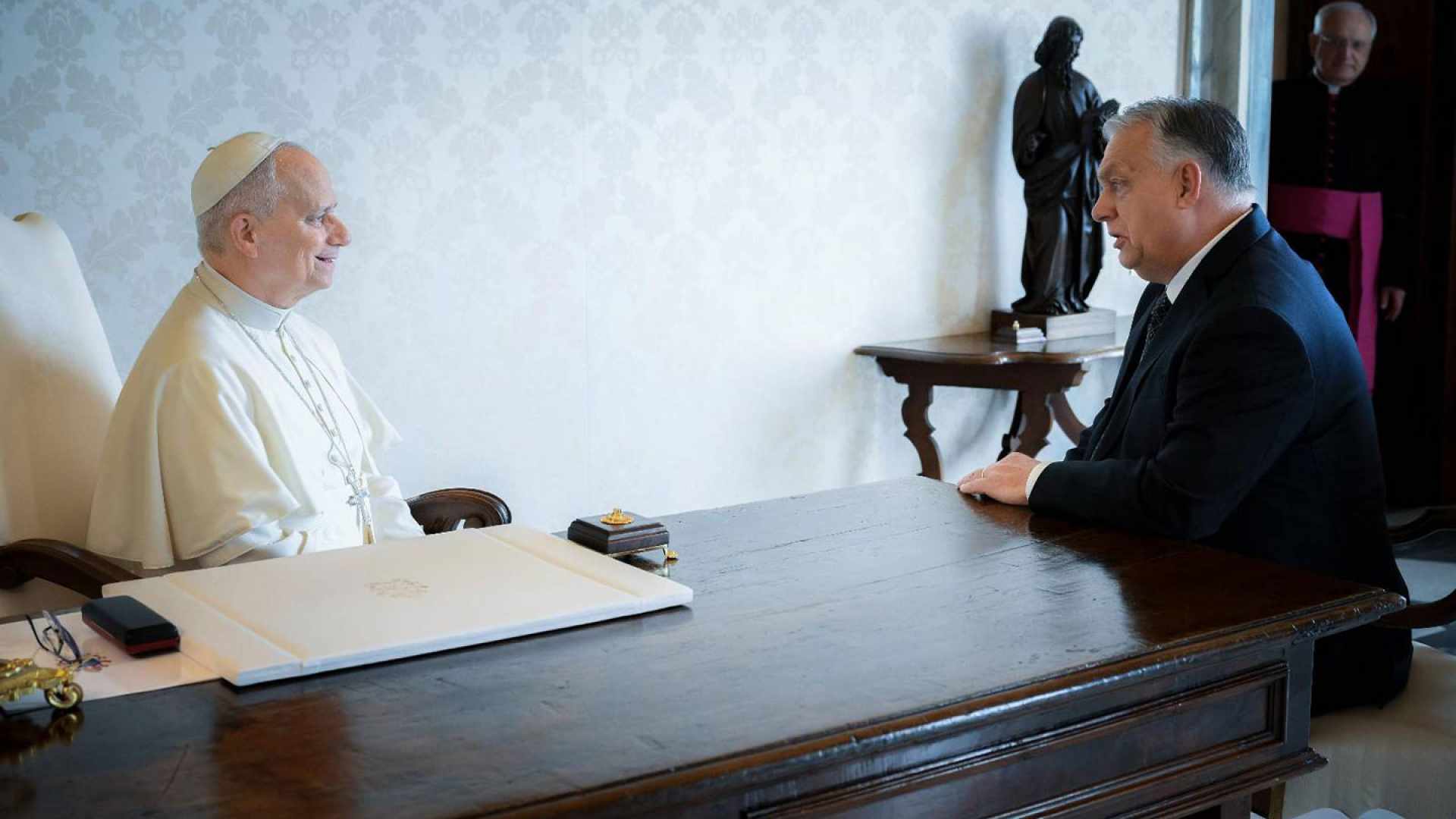Copyright thedailyblog

Kevin Norquay, (Sunday Star Times October 26, 2025), writes It’s an illusion: politicians can’t necessarily fix your groceries or mortgage spend and calls on economists Michael Reddell, Eric Crampton and Brad Olsen to answer whether the government has the power to “fix economies, and with it the lives of voters”. But do governments have that power? Should you believe they have, should you punish them when they fail to do it? Mixing up the metaphorical picture, the author goes “in search of three wise men, in search of a guiding light”. Oh how Biblical allusions can be a distraction: Herod summoned the Wise Men secretly and found out from them the precise time the star had emerged. He sent them to Bethlehem and said, ‘Go and make a careful search for the child. As soon as you find him, report to me so that I too may go and worship him…They were then miraculously warned in a dream not to return to Herod, as he planned to kill Jesus to preserve his authority, and returned to their home by an alternative route. After being sucked in by Herod, the three wise men needed magic intervention-not wisdom to undo their foolishness. Media 101 would suggest economists, if wise, do not allow themselves to be manipulated into answering poorly framed questions. They will be bound to be misquoted or unhelpfully edited and more likely add to the general media noise than generate understanding. According to the journalist, the consensus of our three wise men re the original question was: Governments don’t make the economy thrive, but they can make it stumble. Olsen, seems out of tune with this consensus story when he cites an unambiguously great outcome from the broadband rollout. But there is little else good to be said about state activity by the three wise ones. Yet surely the government is an integral part of the economy producing the health, education and income insurance, law and order needs of workers and those not in paid work, ie all of us, so that the whole economy can thrive? The private sector and government are complementary and synergistic. The 20 economists who signed the open letter to the Minister of Finance a few weeks ago would certainly argue the first part of the journalist summary consensus statement is patently untrue. A well-functioning, well-resourced government is essential to ensure the private sector thrives. This will be even more true when there are many more climate change and other events that demand an efficient collective response to keep us safe. The second part of the consensus statement about governments being able to make the economy stumble appears to be derive from various ‘wise’ contributions. Crampton says: In the shorter term, it is much easier for governments to wreck the economy than it is for them to improve things. Reddell says: Policies do make a difference, for good and ill. We’ve adopted too many of the wrong ones for too long. The 20 economists do not fudge it: the policies that cut spending to reduce the deficit in a recession have been ill-advised and ruinous. Poor macro-policy has made the recession worse and increased the wealth and income divide, directly reducing the resilience and capacity of the economy. Continuance of these policies will have further harmful social effects that reverberate for decades and will ensure the economy continues to flounder with an even greater loss of critical skilled workers. Reddell says there is ‘no reason why the economy could not, longer term, do much better’ and leaves the article with the final word: “Where the serious debate should be is what are the roadblocks and how to make progress in removing them.” Maybe the most serious roadblock is the prevailing narrative that government spending is always wasteful, and that for private sector expansion, government itself is the roadblock and must be reduced in size. Let’s hope there is a follow up article that first acknowledges that many economists think chasing the goal of minimal state is antithetical to a thriving economy. One currently underperforming role of government is to ensure a healthier distribution of income and wealth, another is to moderate or reform private markets where competition clearly does benefit citizens, eg the electricity and food distribution sectors to name two. Better policy in tax can help bring about a fundamental shift of real resources from investment in high end housing to rebuilding the shattered health and education systems, housing the homeless and the ageing population. There is so much for government to do better and time is running out for low level sound bite debates.



